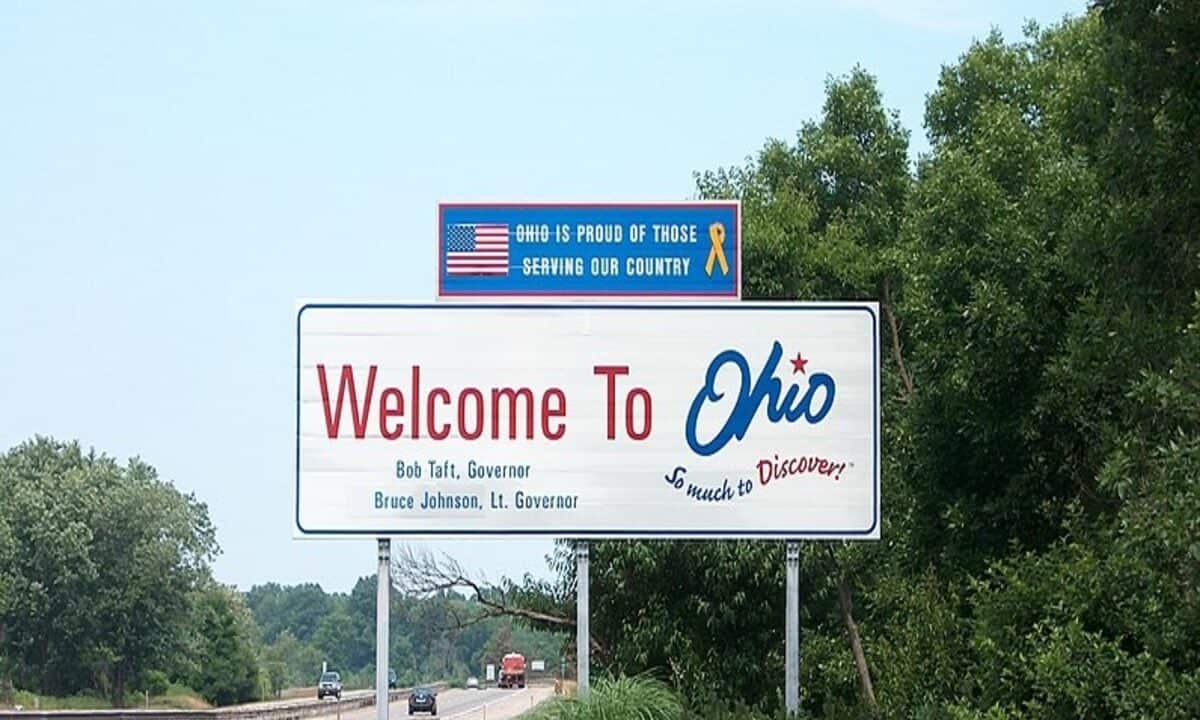 by bearclau is licensed under CC BY 2.0
by bearclau is licensed under CC BY 2.0
The Ohio state legislature delivered a very strong, tax-cutting biennial budget that families and businesses can cheer.
The income tax cuts will reduce rates almost across-the-board, reducing the state’s tax brackets down to just two. There will be a lower top tax rate of 3.5% and a lower bracket at 2.75%. In total, this will save Ohio taxpayers an estimated $1.9 billion.
The 2.75% number is likely to be the target for a future flat tax rate, as the state marches toward further reductions and potential elimination of its income tax. That 2.75% rate was the rate proposed in House Bill 1 this session (sponsored by Rep. Adam Mathews).
The budget also reduces the number of businesses subject to Ohio’s Commercial Activities Tax (CAT). The CAT is not your normal corporate tax as it is imposed on gross receipts, not profits, making it extra burdensome and damaging to economic activity. The CAT also imposes a significant compliance burden even for businesses that are exempt.
Reducing the impact of the tax should help Ohio-based firms grow and create jobs.
Thankfully, the budget avoided a proposal that would have granted new taxing power to the city of Cincinnati to add a special tax on ridesharing. The conference committee negotiating the final budget agreement was right to nix giving the city perpetual new taxing power that would have raised costs for visitors and residents alike at a time of high inflation.
The biggest non-tax policy included is a universal school voucher plan. Thanks to this budget, no Ohio student will have to stay in a failing school, and every family will have access to a voucher to help them choose the best school for their children. The vouchers decrease in value based on how much income a family makes.
This, combined with efforts from legislators to bring transparency to school curriculums will give Ohio parents back their ability to guide their child’s education – and bring market-driven accountability to schools that will help make academic achievement their focus, rather than indoctrination.
Unfortunately, Governor DeWine’s push to double the tax on sports bets was included in the final budget. The governor also line-item-vetoed indexing of the income tax brackets to inflation. This could quickly lead to some income taxpayers seeing a slight increase in their taxes owed, thanks to rampant inflation under the Biden administration. It also may make future tax cuts a tougher fight as they will be calculated as saving more money for taxpayers, leading those who want government to keep more taxpayer dollars to be even more critical of such cuts.
The increase in the sports betting tax rate from 10% to 20% will make Ohio less competitive as neighbors like Michigan and Indiana feature some of the lowest tax rates in the nation. Ohio’s current modest rate has helped the industry deliver results far above expectations.
The tax increase was wholly unnecessary by any measure, as the revenue projection under the current tax rate will equal the amount of money the budget seeks under the higher tax rate. The tax hike also could lead to worse odds for consumers which will incentivize them to bet illegally. It also sends a terrible message that the reward for delivering on promised growth is the governor pushing through a doubling of your tax burden.
Additionally, the governor vetoed consumer protections to prevent local governments from banning flavored vaping. This keeps open the risk of localities banning life-saving vape products that are legal elsewhere in the state – which will create a confounding mess for Ohioans.
As vaping products have been demonstrated to be 95% less harmful than combustible cigarettes, and significantly more effective than any other quit smoking aide, the governor’s veto jeopardizes the ability of Ohioans to quit smoking and could lead to increases in black market activity, and increased smoking rates.
Ohio taxpayers should be overwhelmingly happy with the budget and the significant steps taken to lower the income tax and reach a single flat rate.
The Senate drove many of the policy wins, and Ohio taxpayers should cheer their efforts, particularly the larger income tax cuts. The House stood strong against the negative tax increase proposals. It is impossible for taxpayers not to notice that Governor DeWine’s budget proposals included drastic increases in programs, a great deal of spending, and was a net-tax hiking budget as it included no tax cuts to offset a doubling of the sports betting tax. It is clear who is putting taxpayers first in Columbus.
